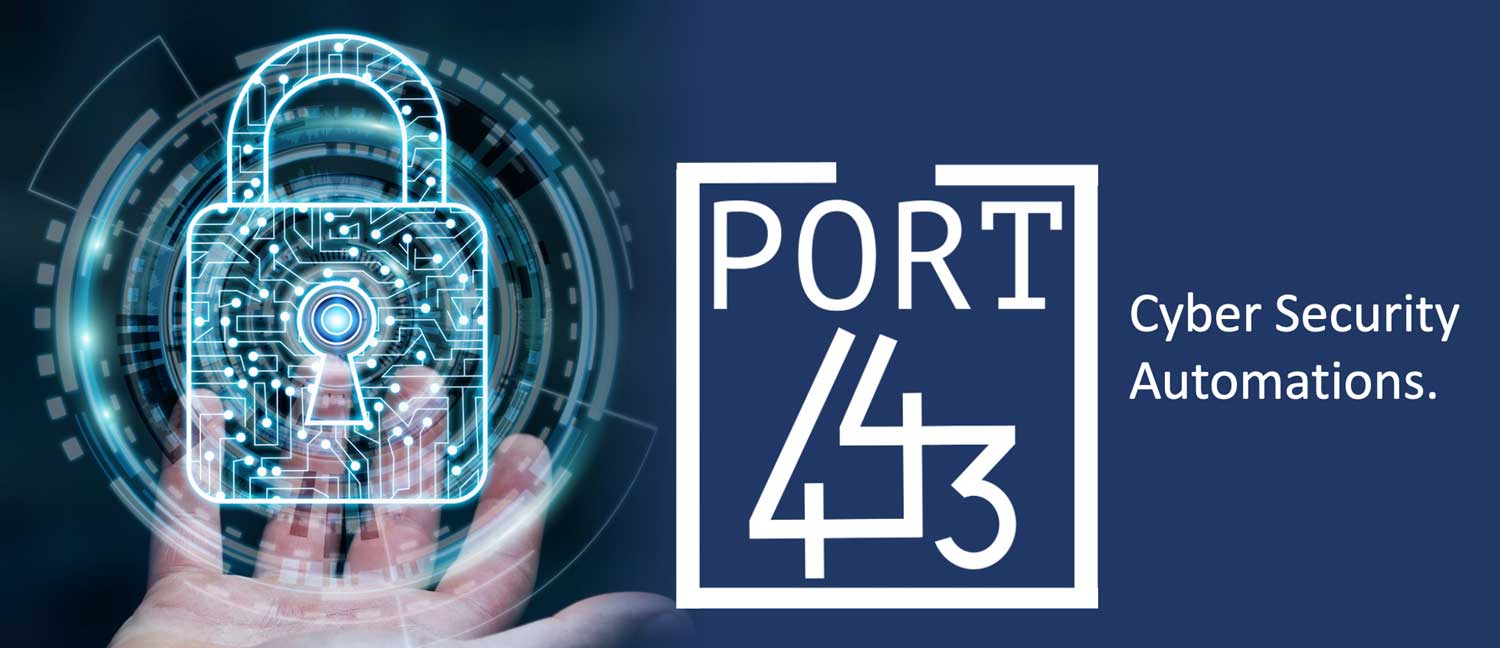 There is a global skills shortage across various ICT related disciplines, particularly in cybersecurity. When it comes to South Africa in particular, these skills are being lost for several reasons. Looking at this through two lenses, we can deduce the following:
There is a global skills shortage across various ICT related disciplines, particularly in cybersecurity. When it comes to South Africa in particular, these skills are being lost for several reasons. Looking at this through two lenses, we can deduce the following:
- We can and should be proud of the technical skills our country has, and continues to produce, and the extent to which these are in great demand internationally.
- We can and should be worried about losing these due to emigration and South Africans working remotely for international organisations.
The Centre for the Fourth Industrial Revolution South Africa (C4IR South Africa) is but one initiative between multiple stakeholders to drive the adoption of various enablers for IoT, urban transformation, digital assets, AI, ML and others. The intention is to help with sustainable development and the transitioning of South Africa towards a data-based digital economy.
Immediate problems can’t wait for long-term solutions
Underpinning this initiative – as well as multiple others between the private and public sector – is the focus on skills development. Still, there is an immediacy with which we need to address the current and short-term skills void. In so doing, supplementing skills shortages with automation is viable, necessary and, if implemented correctly, can be a driver for job creation as opposed to the traditional view of job eradication. Automation of cybersecurity removes traditionally manual repetitive and “simpler” tasks, which allows staff to enhance their skills to focus on higher level technical work. This increases a company’s ability to attract skills, reduces attrition through higher job satisfaction and compels individuals to further their capabilities across new areas.
Better automation equals better security responses
Using some form of automated cybersecurity also leads to a better response to indicators of compromise (IOC) in an automated, efficient and speedy manner. This is critical given the speed at which vulnerabilities are being exploited. When the threat actors themselves are using automation toolsets, responding with automation becomes incredibly important. The rate at which critical skills are being lost exposes different companies across various industries and needs to be addressed in various ways. Automation is part of that solution. It is an opportunity to enhance job creation rather than destroying jobs. If considered and implemented effectively, automation can be the compensating control for the cybersecurity skills void.
- This promoted content was paid for by the party concerned

